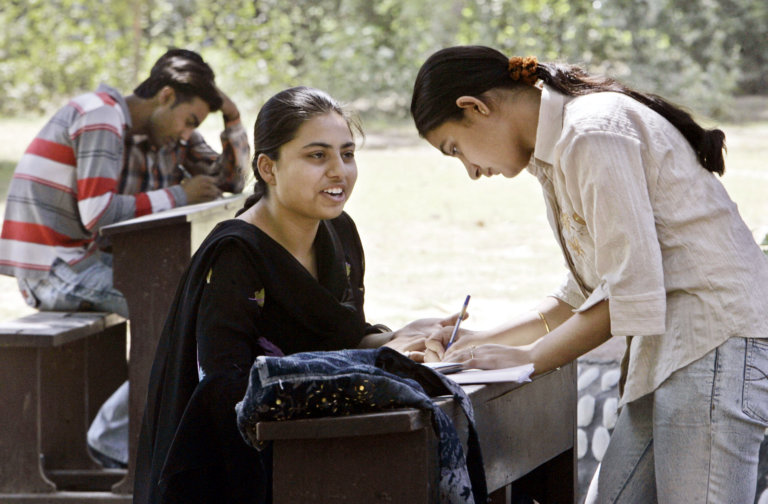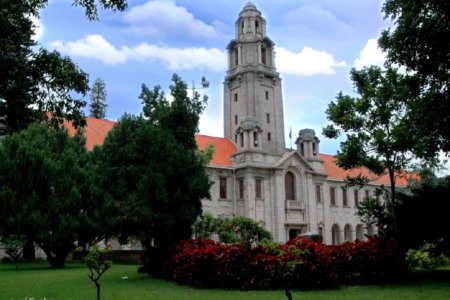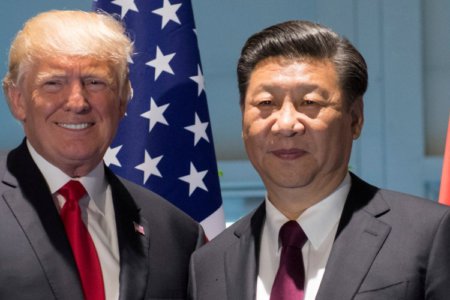
The latest edition of the QS World University Rankings saw Asian universities rising in prominence, going toe-to-toe with the world’s best. Among the top 100 universities in the world, schools from China, Singapore, and South Korea are giving many Western institutions a good run for their money.
While 41 Indian universities have impressively made the cut in this year’s rankings, they are still notably missing in the top 100. Currently, the highest-placed university in the country is the Indian Institute of Science (IISc) in Bengaluru at 155, which leaped 31 places higher than its position in the 2022 rankings.
This means that IISc has overtaken two other top universities in the nation from the previous year, namely the Indian Institute of Technology (IIT) Bombay and IIT Delhi, which are currently sitting at the 172nd and 174th place respectively. These are the only three Indian universities that made it to the top 200 list this year, while the next highest-ranked institution in the country is IIT Madras at number 250.
Considered India’s topmost cadre of elite tertiary educational institutions, the IIT system is known for producing outstanding engineering graduates. Twitter’s newly minted CEO Parag Agrawal is a product of the system, having graduated from IIT Bombay majoring in Computer Science.
The IIT schools are perhaps notoriously known for having “the most difficult admission exam on the planet”, according to former Delhi campus director V. Ramgopal Rao. Rao cited this very reason for the lack of foreign students in both undergraduate and postgraduate programmes.
While Indian IIT graduates are favoured among top tech recruiters such as Microsoft, Google, and Qualcomm, few students from outside of India can actually gain admission into IITs due to their unfamiliarity with the rigorous curriculum under the Indian school system.
Unfortunately, this same reason seems to be the cause behind Indian universities’ stagnation to secure better positions in global university rankings, which undermines other key performance areas where they do score well against other institutions worldwide.

IIT Delhi is currently ranked third in India according to the QS World University Rankings 2023. Source: Manan Vatsyayana/AFP
Falling short of top 100 universities in the world due to ‘perception’ and ‘internationalisation’
Speaking to The Indian Express in an interview, QS spokesperson William Barbieri noted that India suffers from a lack of internationalisation in its academic research projects. It has also come short in terms of scholarly output at just 17% in the last five years, which is still less than one-third of what leading schools are doing in cross-border research.
“In order to disseminate its work to the wider world and enhance its global academic reputation, India should place a strong emphasis on enhancing its international collaboration in research,” Barbieri told the news outlet.
He added that India’s efforts at expanding international output in research and admissions are continuously hindered by factors such as a booming population, higher domestic admission rates, and other challenges such as economic and infrastructural gaps.
In a series of Twitter posts from his account, Rao had given another plausible reason why India fails to garner a place among the top 100 universities in the world. This is due to Indian schools faring poorly on the “perception” index, one of the six parameters used to gauge a university’s academic reputation in the QS rankings.
“Among all parameters, citations per faculty is the most definitive parameter and is taken from trusted databases. That’s where Indian institutions excel right now with IISc being on top. On this metric, most of our top intuitions are among the top 100,” he wrote.
“So if (we) are faring poorly in these rankings, it’s not because our top institutions are not research intensive or poor in quality. It’s because of perception and lack of international footprint,” he added.
Want to get a perspective on QS World rankings released yesterday with respect to the Indian institutions? Please read on. @worlduniranking #iits #QSRankings #rankings #highereducation pic.twitter.com/UkeXDiM3fF
— V. Ramgopal Rao, Ph.D. (@ramgopal_rao) June 9, 2022
While the metrics to gauge the top 100 universities in the world are detailed extensively on the QS website, Rao mentioned that the matter of perception is a “totally subjective metric”, and that where a university is ranked depends on who you ask.
According to the QS website, the “academic reputation” score accounts for 40% of the overall weightage, looking into teaching and research quality based on 130,000 expert opinions in higher education.
However, no elaboration is given on their backgrounds and the bit-by-bit breakdown on what counts as “quality” instruction and research in this scoring category.











